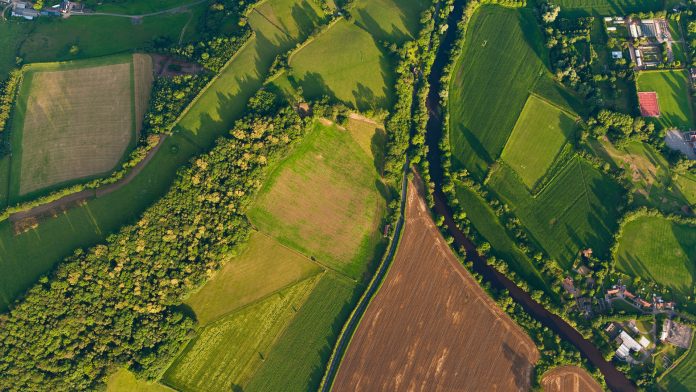The European Commission has published its latest assessment of European biodiversity and a comprehensive overview of the most vulnerable habitats protected under EU law.
Intensive agriculture, urbanisation, and unsustainable forestry activities all contribute to a decline in essential habitats and reduced biodiversity. The European Commission suggests that Member States need to follow the EU’s new action plan if they wish to protect European biodiversity.
The assessment, based on a report by the European Environment Agency, shows that while there are protected species and habitats surviving, the majority have poor or bad status with some showing continued deteriorating trends.
Commissioner for the Environment, Oceans, and Fisheries Virginijus Sinkevičius said: “This State of Nature assessment is the most comprehensive health check of nature ever undertaken in the EU. It shows, yet again, very clearly that we are losing our vital life support system.
“As much as 81% of protected habitats are in poor condition in the EU. We urgently need to deliver on the commitments in the new EU Biodiversity Strategy to reverse this decline for the benefit of nature, people, climate, and the economy.”
The report states that targeted conservation action offers better results, for example, the Iberian lynx, the forest reindeer, and the otter, have shown notable success since conservation action was taken to protect these species.
Birds that are closely associated with agriculture continue to decline, while freshwater fish have the highest proportion of bad conservation status (38 %) primarily due to changes to waterbodies and water-flow and hydropower installations. Among habitats, only 15% of them are in good condition. Restoration of wetlands can deliver benefits to European biodiversity and significantly contribute to addressing climate change, creating employment opportunities in rural and peripheral areas.
Hans Bruyninckx, Executive Director of the European Environment Agency, said: “Our assessment shows that safeguarding the health and resilience of Europe’s nature, and people’s well-being, requires fundamental changes to the way we produce and consume food, manage and use forests, and build cities. These efforts need to be coupled with better implementation and enforcement of conservation policies, a focus on nature restoration, as well as increasingly ambitious climate action, especially in the transport and energy sector.”








